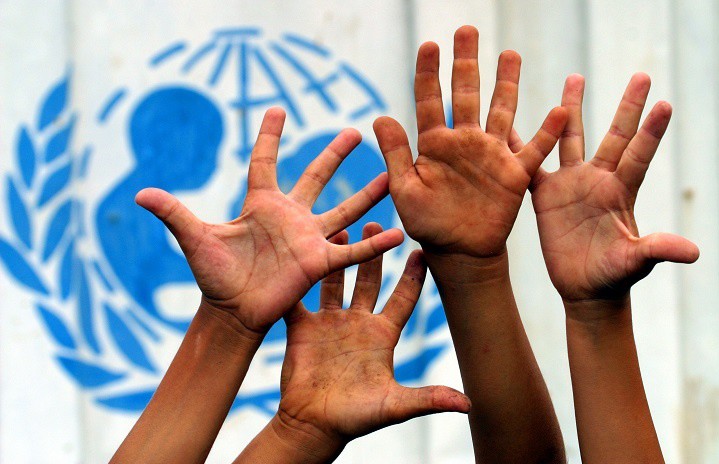After concluding the training, IRADA will be responsible to conducting feasibility studies, which needs 45 days per study. Participants are then ready to apply for funding through a shared electronic platform with banks. Banks need 20-60 days to decide on funding and execute projects. That is, process timeline from application to execution is nearly 90-120 days. However, applicants who are identified to be qualified shall pass the technical part and apply for funding directly through the fast track.
Once loans are provided and businesses registered, youth and women beneficiaries will receive refresher trainings (Bootcamp)
1st Module
Beneficiaries will be conveyed throughout the 3-day Bootcamp through “know-how” interactive sessions, brainstorming, practical cases, networking opportunities as follows:
Day One: Empretec Refreshing session (5 Hours)
The course will give the participants a practical tool that will help to assess their strengths and weaknesses and let them distinguish the traits of the 30 behaviors they have practiced since they completed the workshops. The refreshing course will encourage the participants to turn behaviors into habits and apply them to their business development.
Day Two: Cash Flow Management & Loan Payments Management (5 Hours)
The session will cover how to manage business cash flow in a practical way using a financial tool by discussing and analyzing many different scenarios which could help participants in preparing for the future and tackling any problems with cash flow and this will be linked with how to manage loan payments in a collaboration between Financial & Legal experts who will be available for open discussion based on any questions related to the discussed scenarios.
At the end of the Bootcamp, each participant will be asked to use the financial tool and fill it with his business financial data and share it with us to be used in the mentorship.
Day Three: Sales, Marketing and Networking (5 hours)
The session will equip the beneficiaries with digital marketing skills, they need to grow their presence online and compete, learn how to increase sales and break-even also will have the chance to understand the art of networking and Meet up with other beneficiaries where they might have a sort of collaboration
2nd Module
Beneficiaries will be conveyed throughout the 2-day Bootcamp through “know-how” interactive sessions, brainstorming, practical cases, networking opportunities as follows:
Day One:
We empower the participants to put the right vision with the right passion and motivation, then we discussed their marketing and sales strategies in addition to “V2MOM” process which stands for Vision, values, methods, obstacles, and measures.
Day Two:
Each participant is being coached one to one on how to strategically plan for his/her business for the first year, calculate monthly incomes and outcomes, effectively market his project or product, understand the tools needed to measure his success on a monthly or yearly basis.
Participants are being developed in the business mentality and being qualified to understand how to manage their business effectively.
The measurement helped the participants to measure the profits, income, manufacturing, and labor if needed.
Finally assigning the right expert/s for his/her project needs and the Inhad team will work on introducing them to the ecosystem and help in developing business linkages between them.
